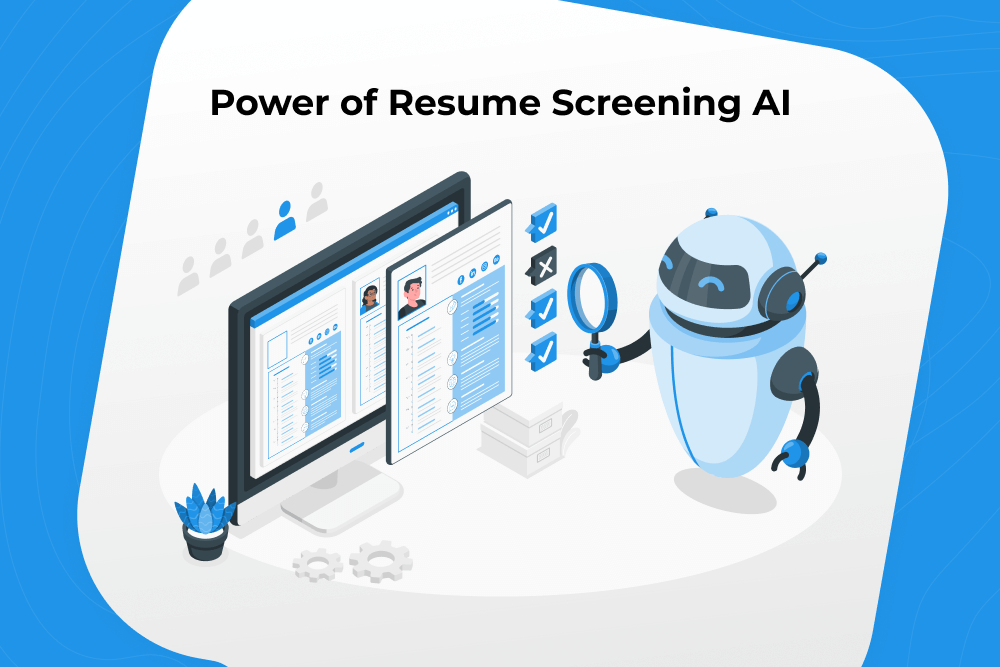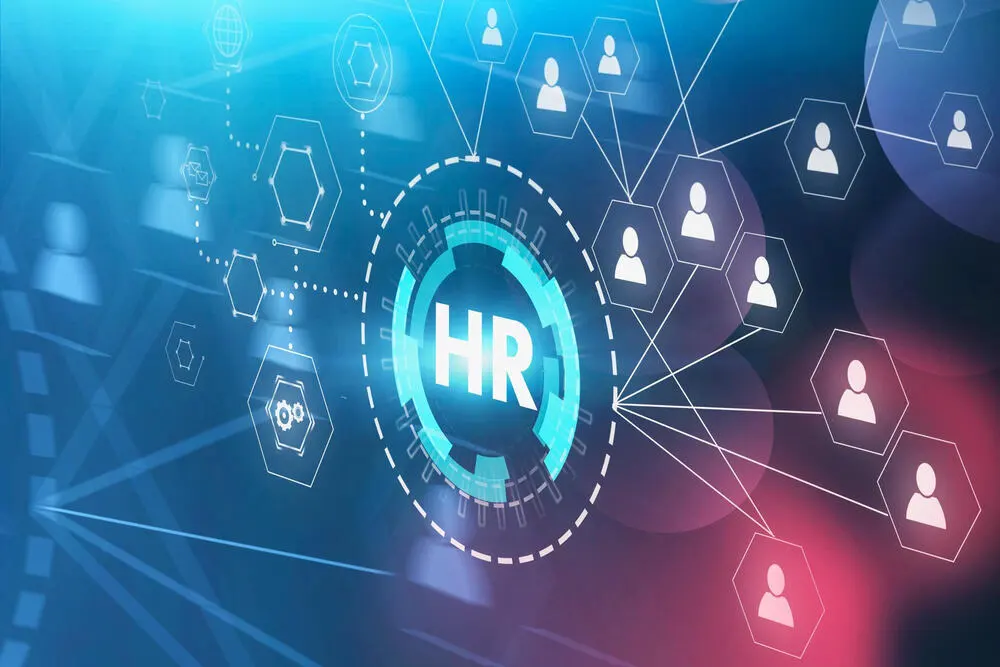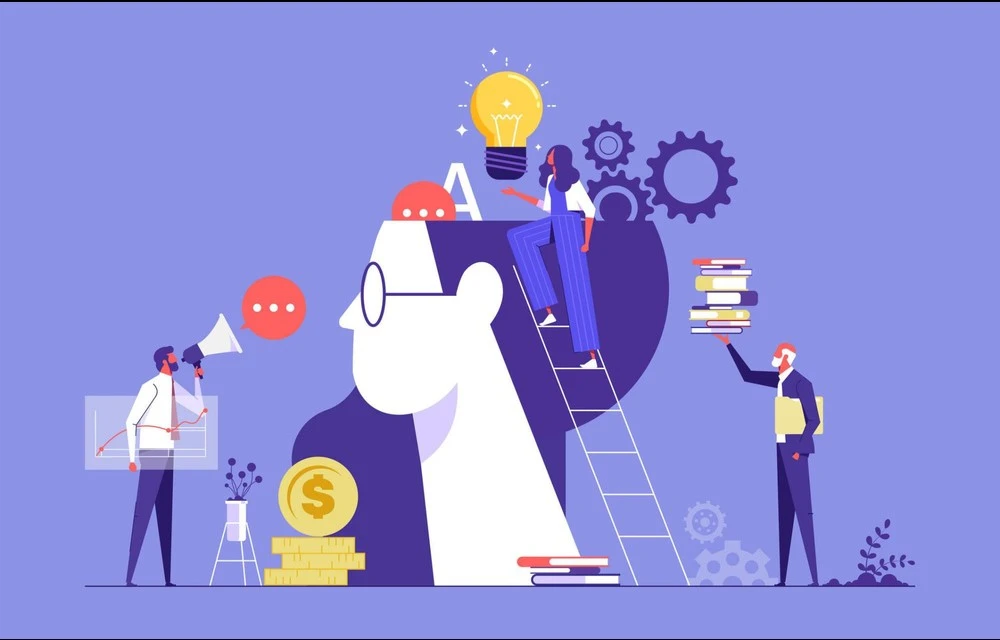The function of human resources experts has swiftly changed in today’s fast-paced work market. One area where HR professionals can greatly benefit from technological advancements is in resume screening. With the advent of artificial intelligence (AI), the power of resume screening has been unlocked like never before. This guide will delve into the world of AI-based resume screening, exploring its fundamentals, benefits, and the future possibilities it holds for recruitment.
The Power of AI in Recruiting
AI has revolutionized various industries, and recruiting is no exception. By leveraging AI algorithms, HR professionals can automate and streamline the resume screening process, saving valuable time and resources. AI-based tools can quickly scan and analyze resumes, identifying the most suitable candidates based on predefined criteria. This not only expedites the hiring process but also guarantees a more precise and effective candidate selection.
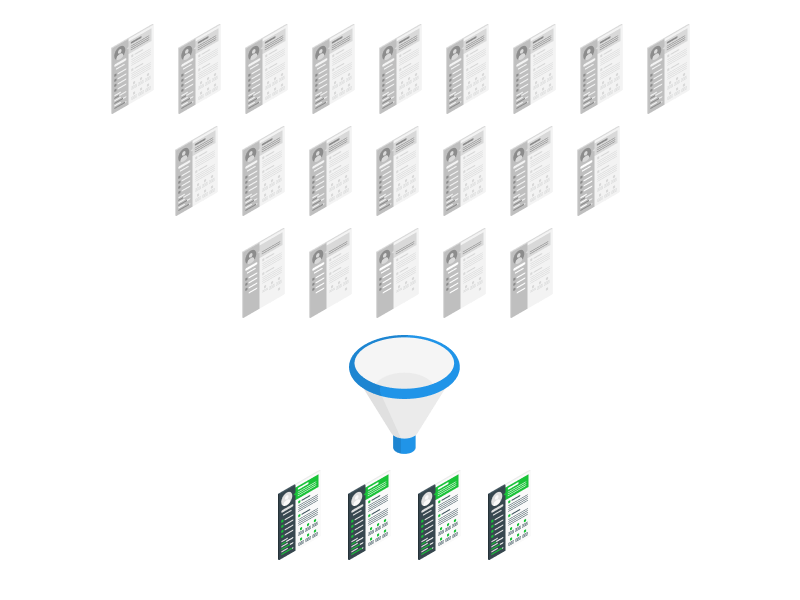
Let’s explore how AI is altering the recruiting scene in more detail. One of the key benefits of using AI in recruitment is its capacity to manage large volumes of resumes. In the digital age, businesses now receive hundreds or even thousands of applications for a single employment post. Manually reviewing each resume can be an overwhelming task for HR professionals. However, with AI, the process becomes much more manageable. AI algorithms can sift through resumes at lightning speed, flagging those that meet the desired qualifications, and discarding those that don’t. In addition to saving time, this enables HR experts to concentrate on the hiring process’ more strategic elements.
However, AI in recruiting goes beyond resume checking. It can also help with talent acquisition and applicant engagement. Artificial intelligence-powered platforms can trawl the internet and social media platforms for possible candidates who may not have applied directly.
These systems can efficiently evaluate a candidate’s fitness for a given post by analyzing their online presence, which includes professional profiles, blogs and social media activities. This proactive approach to talent acquisition allows firms to access a larger pool of qualified candidates, considerably boosting the odds of finding the appropriate match for the role.
Another advantage of AI in recruiting is its ability to improve the candidate experience. Job applicants frequently lament the absence of communication or feedback during the hiring process. This issue can be resolved by using AI techniques to update applicants in real-time on the progress of their applications. Automated chatbots can answer common questions, schedule interviews, and provide personalized feedback, enhancing the overall candidate experience. This helps the business acquire top employees while also enhancing the company’s reputation.

Moreover, AI can help HR professionals overcome unconscious bias in resume screening. By being programmed to focus solely on relevant qualifications and experience, AI eliminates the biases that can unintentionally influence human recruiters. This leads to fairer and more inclusive candidate selections.
In conclusion, AI has revolutionized the recruiting process by automating and streamlining various aspects. From resume screening to talent sourcing and candidate engagement, AI-powered tools have proven to be invaluable for HR professionals. By leveraging AI algorithms, companies can save time, improve efficiency, and ensure a more fair and inclusive selection process. We may anticipate that AI will play a bigger part in determining the future of recruiting as technology develops.
Knowing the Fundamentals of AI-Based Hiring
Understanding the crucial elements and procedures at work is crucial before stepping into the world of AI-based hiring. AI-powered applicant tracking systems (ATS) are the backbones of AI-based hiring. These systems use natural language processing (NLP) and machine learning algorithms to parse and analyze resumes.
NLP allows the system to read and interpret resumes, extracting relevant information such as education, work experience, and skills. Machine learning algorithms then analyze this information, comparing it against predefined criteria established by HR professionals. This results in a score or ranking for each candidate, reflecting their suitability for the position.
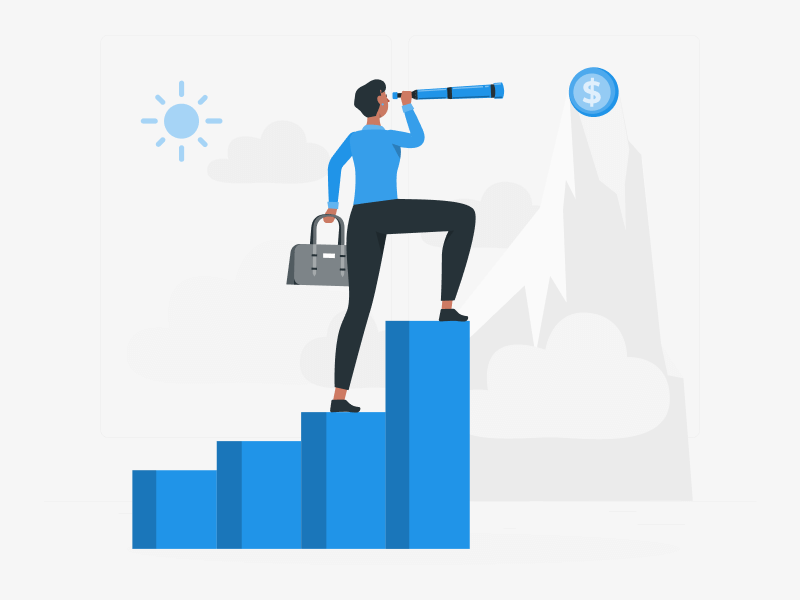
Let’s dive deep into the intriguing realm of AI-powered recruiting. The use of natural language processing (NLP) in applicant tracking systems is a notable technological achievement. When a resume is submitted into the system, the NLP algorithms work hard to understand the text as a human would. It will extract essential information, evaluate the structure and check for grammar and vocabulary errors. When a candidate gives their educational background, the NLP system recognizes the institution, degree, and major, for example. It is also capable of recognizing abbreviations and naming variations. This level of knowledge allows the algorithm to correctly classify and categorize the candidates’ qualifications.
Machine learning algorithms take control once the essential information has been extracted. These algorithms can recognize patterns and predict outcomes because they have been trained on vast amounts of data. They assess the applicant’s qualifications against predetermined criteria established by human resource specialists, taking into account elements like as required skills, years of experience, and industry-specific expertise.
But it doesn’t stop there. These algorithms continuously learn and adapt as they process more resumes and receive feedback from HR professionals. This iterative process helps refine the accuracy and effectiveness of the AI-based hiring system over time.
Imagine the immense amount of data that AI-based hiring systems handle. Resumes from applicants around the world, with varying formats, languages, and styles, are processed and analyzed. The algorithms can handle this complexity, ensuring that no valuable information is overlooked.
Moreover, AI-based hiring systems can also assist with diversity and inclusion efforts. By removing human bias from the initial screening process, these systems focus solely on the applicant’s qualifications and suitability for the position. This unbiased approach helps promote equal opportunities and prevent discrimination.
It’s critical for HR professionals and organizations to comprehend the guiding principles and capabilities of these systems as AI-based hiring continues to develop. Companies may expedite their hiring procedures, find top people more quickly, and make wise decisions based on data-driven insights by utilizing AI.
Benefits of AI Hiring for Recruiting Talent
For HR professionals, the advantages of AI-based hiring are numerous. First off, it saves time and money by automating the initial screening procedure. AI eliminates the need for HR workers to manually examine innumerable documents by swiftly assessing resumes. This frees them up to work on more strategic and value-added duties.
With AI-based hiring, for example, HR professionals may devote more time to devising novel recruitment techniques, establishing excellent company branding, and cultivating relationships with possible candidates. They can also devote more time and effort to completing extensive interviews and assessments, ensuring that the applicants chosen are the best fit for the firm.

Secondly, AI-based hiring enhances the accuracy and consistency of candidate evaluations. Unlike humans, AI algorithms are not influenced by emotions, fatigue, or unconscious biases. They can objectively assess candidates based solely on their qualifications and experience, resulting in fairer and more accurate hiring decisions.
Furthermore, AI algorithms can analyze vast amounts of data to identify patterns and trends in candidate qualifications and performance. The insights gained from this study can help HR professionals make data-driven decisions and pinpoint the crucial characteristics that determine success within an organization.
Additionally, AI-powered applicant tracking systems can uncover hidden talents or overlooked candidates. By scanning vast amounts of data, they can identify relevant skills and experiences that might have been missed by human recruiters. This broader scope allows HR professionals to tap into a wider talent pool, increasing the chances of finding exceptional candidates.
Moreover, AI algorithms can also assist in reducing unconscious biases in the hiring process. By being programmed to focus solely on qualifications and experience, AI can help mitigate the impact of unconscious biases that may exist within human recruiters. This promotes diversity and inclusion within the workforce, leading to a more dynamic and innovative organizational culture.
In conclusion, AI-based hiring offers numerous benefits to HR professionals. It saves time and resources, enhances the accuracy and consistency of candidate evaluations, uncovers hidden talents, and reduces unconscious biases. AI may help HR managers expedite their hiring procedures, make better decisions, and ultimately locate the finest personnel for their organizations.
